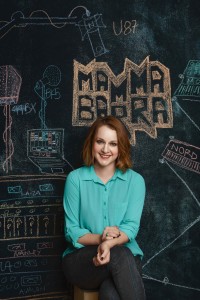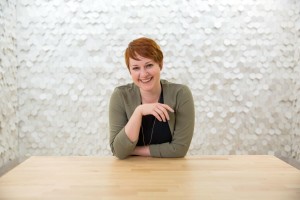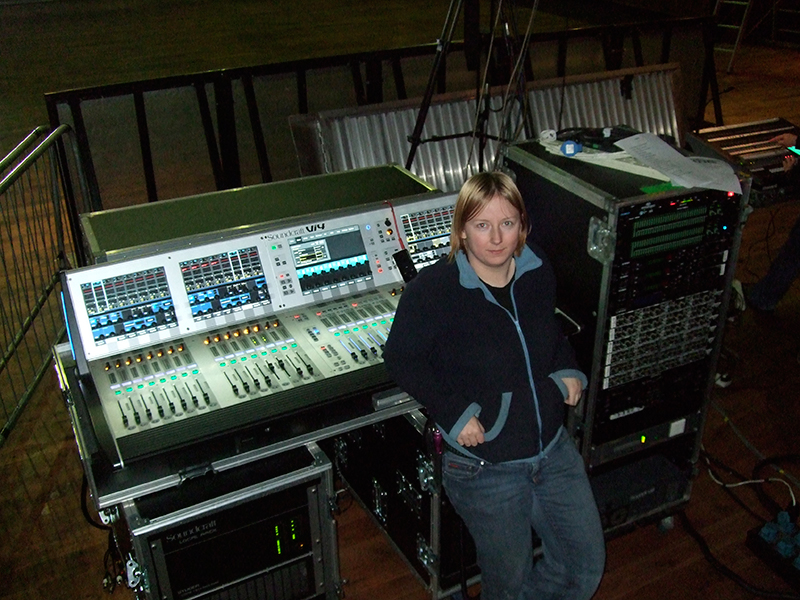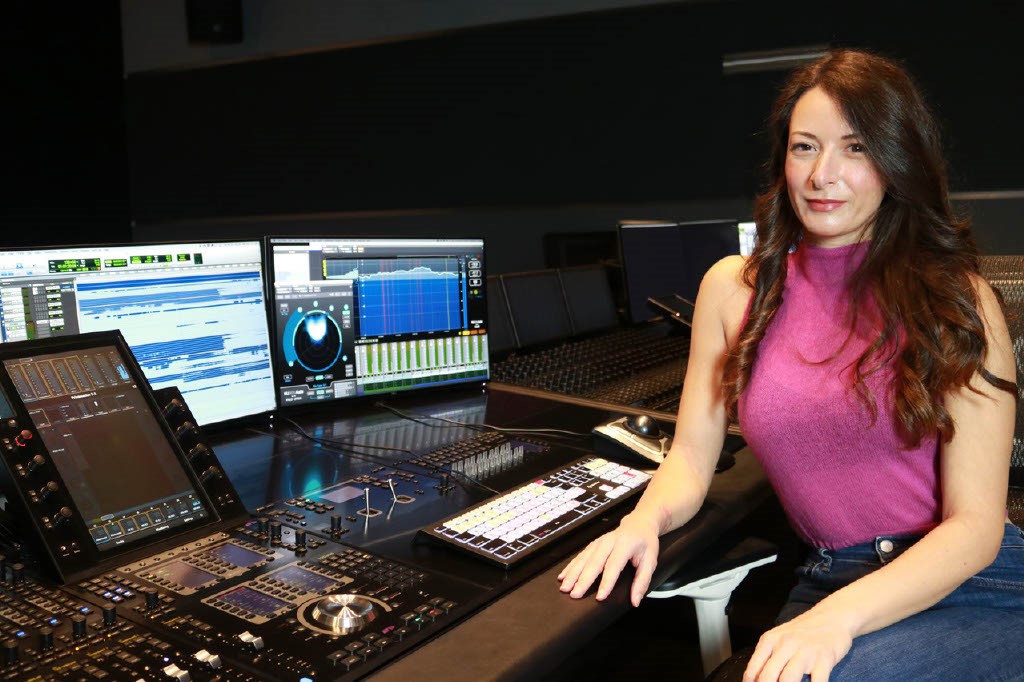 Erin Barra has a wide-ranging skill set educator, songwriter, producer, multi-instrumentalist, and music technology consultant. Erin specializes in music technology integration; she works with artists/bands looking to integrate laptops and digital technologies into their writing, production and stage setups. She has developed, taught and executed several music technology curriculums at the open source Coursera, and ROLI, K-12 Beats By Girlz, and collegiate levels Berklee College of Music, Berklee Online.
Erin Barra has a wide-ranging skill set educator, songwriter, producer, multi-instrumentalist, and music technology consultant. Erin specializes in music technology integration; she works with artists/bands looking to integrate laptops and digital technologies into their writing, production and stage setups. She has developed, taught and executed several music technology curriculums at the open source Coursera, and ROLI, K-12 Beats By Girlz, and collegiate levels Berklee College of Music, Berklee Online.
Erin is an Associate Professor in the Songwriting Department at Boston’s Berklee College of Music and is one of the leading product specialists for Berlin-based music software company, Ableton. She has worked with an array of artists, from Grammy-winning artists engineers and producers; John Oates, George Massenburg, Kathy Mattea, Elliot Scheiner to those at the front lines of the independent movement Res, Miles Robertson, Ari Raskin.
SoundGirls caught up with Erin for an interview.
What is your specialty in music production?
I specialize in helping people reach their goals, whether it’s through collaboration, education or consultation. I communicate with people really well and have the creative and technical skill set to make most things in the music and technology realms happen.
Are you independent or do you work for a company?
Berklee College of Music is my home base, but I have my own consulting company MAMMA BARRA LLC that I freelance under, and work for private clients and for different brands such as Ableton, ROLI and Beats By Girlz
How long have you worked there?
This is the beginning of my 3rd year at Berklee, and I’ve been working for myself for about ten years
What is your current position?
Associate Professor
Give us a little background on what led you to work in music production?
I was pursuing a career as a singer/songwriter and felt completely out of control of my own content so one day I decided I was going to figure out how to produce myself.
How long have you been working in music production?
I’ve been producing for about ten years
How did you get your start?
In my bedroom studio haha. No, but seriously, it was the work that I did at home on my own time that led to most of the opportunities I’ve had. I don’t think there’s any one thing that was a beginning for me; it’s just been this one very long and nonlinear journey.
How did you get interested in music production?
My father is an audiophile and places speakers for a living, so I was always interested in how things sounded.
What is your educational or training background?
I was classically trained as a pianist from ages 4-18, got a piano performance and songwriting degree from Berklee right out of high school and then learned all the music tech stuff the hard-knock way by teaching myself and asking a lot of questions.
What are your long-term goals?
Hold on to my sanity – I used to worry more about my career, but now that things in that arena seem to be less of a concern, it’s really more about maintaining my happiness in the midst of all the work. My other main goal is to have children, which affects both my work and happiness. It should be a huge adventure.
What are your current projects?
I always have about five irons in the fire at any given time, but right now I’m focusing the majority of my efforts on developing new curriculum for Berklee and building the Beats By Girlz initiative.
What is the Beats By Girlz Initiative?
Beats By Girlz is a curriculum and initiative designed to empower females to engage with music technology and build communities. We provide young women with the guidance, access, tools, and role-support to develop their interest (and ultimately their ability to pursue career opportunities) in music production, composition, engineering, etc. We are working towards gender equity in a field where women are highly underrepresented and strive help other groups mobilize and create similar change in their own communitie
What if any obstacles or barriers have you faced?
I try to view obstacles as opportunities, so I’ve had many many opportunities. Working in the music industry is full of barriers, but I think the biggest one for me was coming up with my definition of ‘success.’
How have you dealt with them?
Work harder than everyone else – keep learning – be open to change
Advice you have for other women and young women who wish to enter the field?
Find a good support system and communities to be a part of. It has so much to do with who you surround yourself with.
Must have skills?
Communication skills
Favorite gear?
I’m a laptop musician, so I’m more of a software gal – I’d have to say Ableton
You learn more about Erin thru her website –




